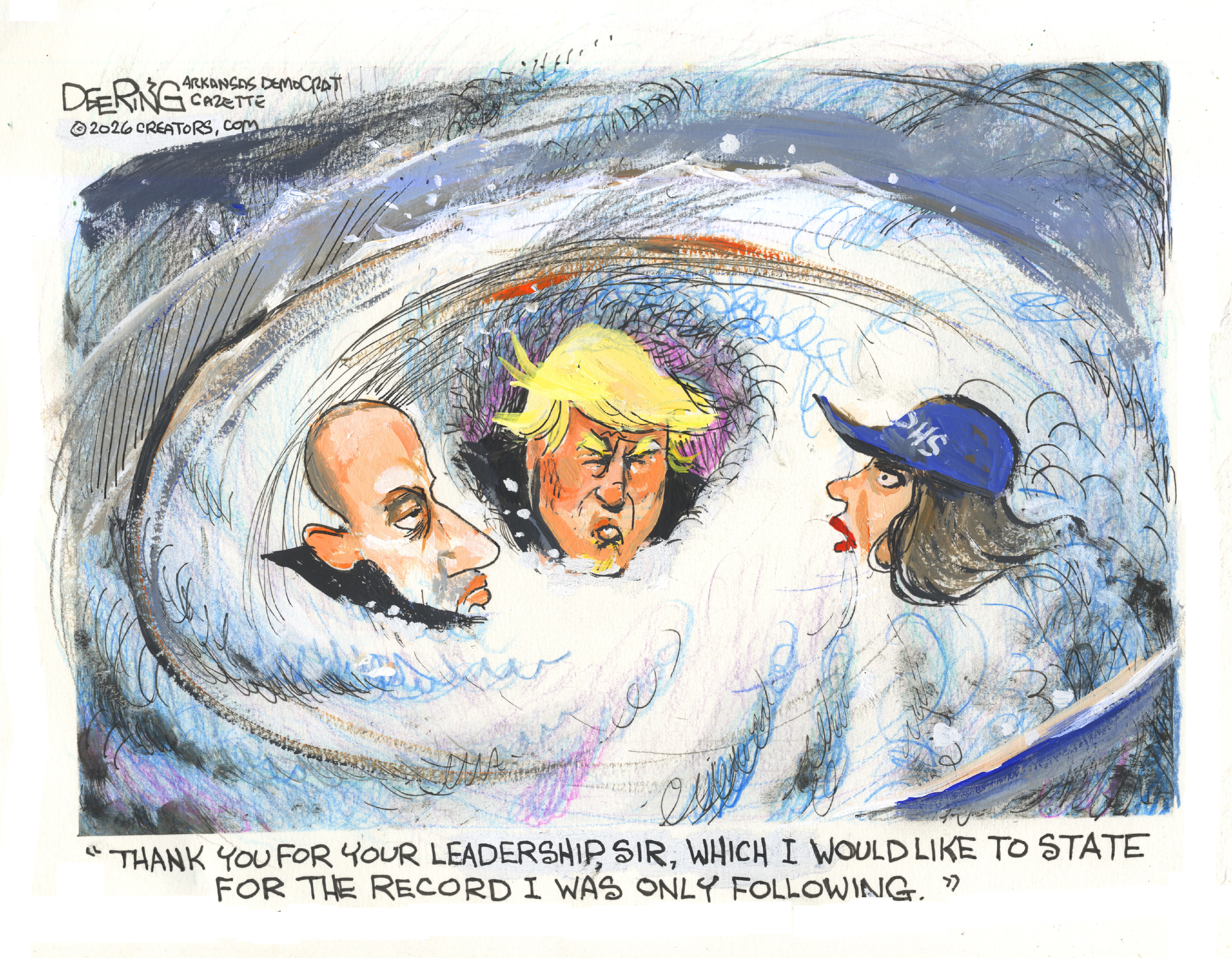Why science hasn’t stopped AIDS
In 1981, doctors first identified the disease that would come to be known as AIDS. Today, 36 million people are infected with the HIV virus. Will we ever find a cure?
A free daily email with the biggest news stories of the day – and the best features from TheWeek.com
You are now subscribed
Your newsletter sign-up was successful
Why hasn’t science made more progress fighting AIDS?
HIV, the virus that causes AIDS, has proved to be a diabolical foe, hiding inside the very immune cells that usually protect the body, and mutating so fast that it is, in effect, a moving target. HIV mutates 10,000 times faster than the flu virus. Over a decade, as many as 15 different forms of the virus can develop within a single patient. Because the virus evolves so quickly, researchers have been unable to develop a vaccine that would “teach” the immune system how to combat it. HIV’s rapid mutation rate also makes it difficult to control with medicine. Even as drugs stop one strain of the virus, new strains evolve that the drugs do not affect. Recent studies show that at least 10
percent of newly infected people have a strain of HIV that is resistant to two or more of the drugs used to fight AIDS.
The Week
Escape your echo chamber. Get the facts behind the news, plus analysis from multiple perspectives.

Sign up for The Week's Free Newsletters
From our morning news briefing to a weekly Good News Newsletter, get the best of The Week delivered directly to your inbox.
From our morning news briefing to a weekly Good News Newsletter, get the best of The Week delivered directly to your inbox.
Why can’t the unaided immune system stop HIV?
When a virus enters the body, it is attacked by a variety of white blood cells in a defense orchestrated by a kind of white blood cell called a helper T-cell. HIV attaches itself to the helper T-cells themselves, takes over their genetic machinery, and turns them into HIV factories. These infected sentinels spew out new copies of the virus, and the process is repeated until the T-cells are gone and the bloodstream is flooded with HIV. Without healthy helper T-cells, the whole immune system breaks down. That opens the body to a host of infectious bacteria and viruses that would be no match for a healthy immune system. This is why AIDS patients develop pneumonia, tuberculosis, and rare cancers.
How effective are current AIDS treatments?
The AIDS drug “cocktail,” introduced in 1995, has brought thousands of people back from the brink of death, and in the U.S. has cut the death rate among people with AIDS by nearly 50 percent. The cocktail’s key ingredient is known as a protease inhibitor, a medicine that hampers the virus’ ability to reproduce itself. This is prescribed with two other drugs, called reverse transcriptase inhibitors, to form the standard cocktail. The three drugs gang up on the virus, giving it less time to mutate and develop resistance. For many patients, the drug combination has reduced the amount of virus present in their blood to near zero. But the treatment requires patients to take pills at several precise times every day, and the powerful drugs often produce such severe nausea and diarrhea that patients stop taking them. Other side effects include a redistribution of body fat, which leaves some people with a hump on the back, a paunch, or a thinned face and extremities. Researchers recently determined that HIV remains in hiding inside the body even after years of taking the drug cocktail, and will emerge if the therapy is stopped.
A free daily email with the biggest news stories of the day – and the best features from TheWeek.com
Are new treatments being developed?
Most current research is focused on improving the drug cocktail—to reduce side effects or attack the virus in a new way. One drug company has developed a triple-drug pill that patients take twice a day. A new class of drugs called fusion inhibitors may offer help to people who have developed a strain of HIV that is resistant to older drugs. Fusion inhibitors block the virus from entering healthy cells. But while offering
additional help in suppressing the virus, none of the new approaches to treatment will produce
a cure.
Will there ever be a vaccine?
Experts believe there will be some type of vaccine within the next decade, but it will probably not completely block infection, as most vaccines do. Instead, an HIV vaccine will help the body keep the virus at bay, so that it doesn’t develop into AIDS. New research focuses on the small number of infected people, now estimated at 1 percent, who never get sick with the opportunistic infections and cancers that plague most AIDS victims. Scientists still do not understand why these people escape developing AIDS, but they believe that their immune systems manage to fight down the virus in its early stages, before it takes over and eliminates the helper T-cells. In one promising study by Harvard University and the drug company Merck, monkeys exposed to an HIV–like virus did not get sick after they were injected with pieces of virus DNA and a chemical that bolstered their immune systems.
Is there any reason for optimism?
AIDS scientists have been chastened by repeated disappointments, and now are very cautious in their assessment of future medical advances. For many people with HIV in the Western world, the drug cocktail has transformed AIDS from a death sentence into a manageable chronic illness. But AIDS is rampant in Africa, and most of the millions infected cannot afford the drug cocktail, even with Western help. Scientists fear that the epidemic is just getting a foothold in China and India. Unless there is a major breakthrough, by the year 2020 there may be more than 200 million people in the world infected with HIV.
The origin of HIV
Most scientists believe HIV originated in chimpanzees as a similar virus, which at some point jumped the species barrier and mutated into a form affecting human beings. The earliest known sample of the virus in humans was found in a plasma sample drawn in the Congo in 1959. One theory is that African hunters who killed monkeys for meat may have been infected when they nicked themselves while skinning infected animals. Another theory is that the first real contact came through medical experiments in the middle of the 20th century that exposed humans to
-
 Political cartoons for February 8
Political cartoons for February 8Cartoons Sunday’s political cartoons include going down the drain, American history, and more
-
 Touring the vineyards of southern Bolivia
Touring the vineyards of southern BoliviaThe Week Recommends Strongly reminiscent of Andalusia, these vineyards cut deep into the country’s southwest
-
 American empire: a history of US imperial expansion
American empire: a history of US imperial expansionDonald Trump’s 21st century take on the Monroe Doctrine harks back to an earlier era of US interference in Latin America